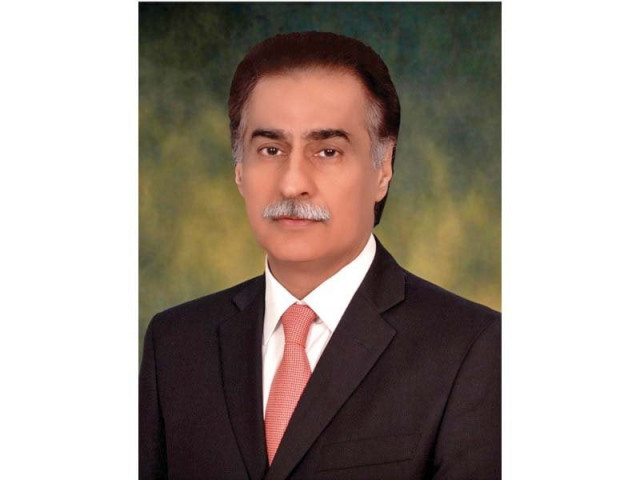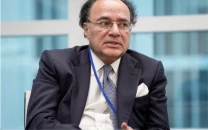Unfettered access: Journalists muzzled by NA coverage ban
Dedicated TV needed for live coverage

Dedicated TV needed for live coverage
The government was previously reluctant to allow live telecast of parliamentary proceedings.
The ban was imposed on Friday by National Assembly Speaker Ayaz Sadiq.
The orders were issued retroactively soon after lawmakers from both sides of the aisles scuffled in the lower house of parliament.
Because of the lack of live coverage of NA or Senate proceedings, journalists routinely used their phones to record important speeches, sending the same to their media houses for processing.
The same practice was carried out during the meetings of standing committees whenever lawmakers made comments on critical issues while some reporters even gave live coverage.
Even back then, no television cameras were allowed inside the parliament except the official ones.
The live coverage of scuffling lawmakers led to a national debate about how parliamentarians should behave in public and sort out issues.
Instead of resolving issues with lawmakers, the speaker cited rules and regulations, saying that live coverage of proceedings using mobile phones was not allowed and directed authorities concerned to take action against journalists involved in recording the incident.
Interestingly, successive governments failed to fulfill the promise about setting up a TV channel for live broadcast of parliamentary proceedings.
On special occasions, such as the speech of Prime Minister or a policy statement by ministers, the state-run Pakistan Television (PTV) gives live coverage, but often blacks out speeches of opposition leaders.
In 2004, the then Speaker NA Chaudhry Amir Hussain hinted at establishing a dedicated TV channel for live coverage of parliamentary proceedings but since then it is used as a ruse to appease opposition leaders whenever they objected that they were left out in PTV’s live coverage.
Last year, after the emergence of Panama Papers, the NA started discussing the issue.
When the opposition pushed the government, especially the speaker, for live coverage of all parliamentary proceedings without any discrimination, the then information minister, Pervaiz Rashid, stated that a meeting would be convened to start such coverage. The speaker also hinted that a web TV would be started for this purpose, but so far nothing has materialised.
A PTI lawmaker, who spoke on condition of anonymity, maintained that the government simply did not want to be embarrassed and was trying to muzzle all avenues of public exposure.
The Free and Fair Election Network (FAFEN) in its Annual Senate Report 2013-14 proposed that a dedicated television station and/or radio channel should be launched to air the proceedings of all legislative bodies.
Published in The Express Tribune, January 30th, 2017.



















COMMENTS
Comments are moderated and generally will be posted if they are on-topic and not abusive.
For more information, please see our Comments FAQ